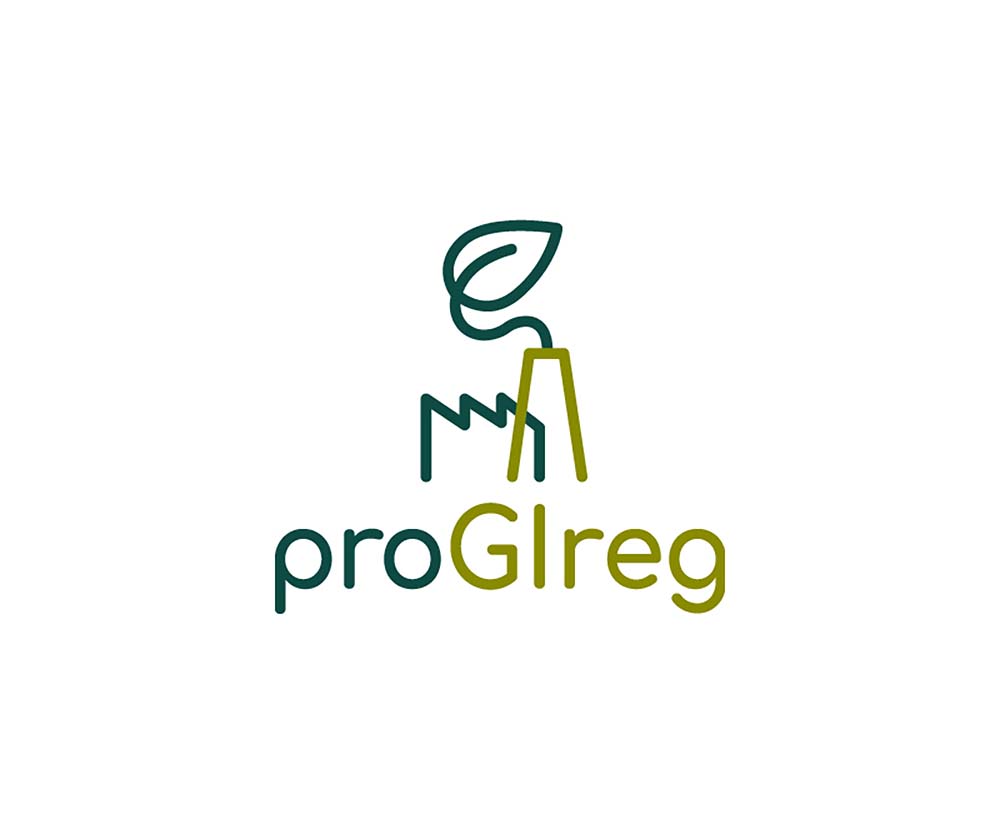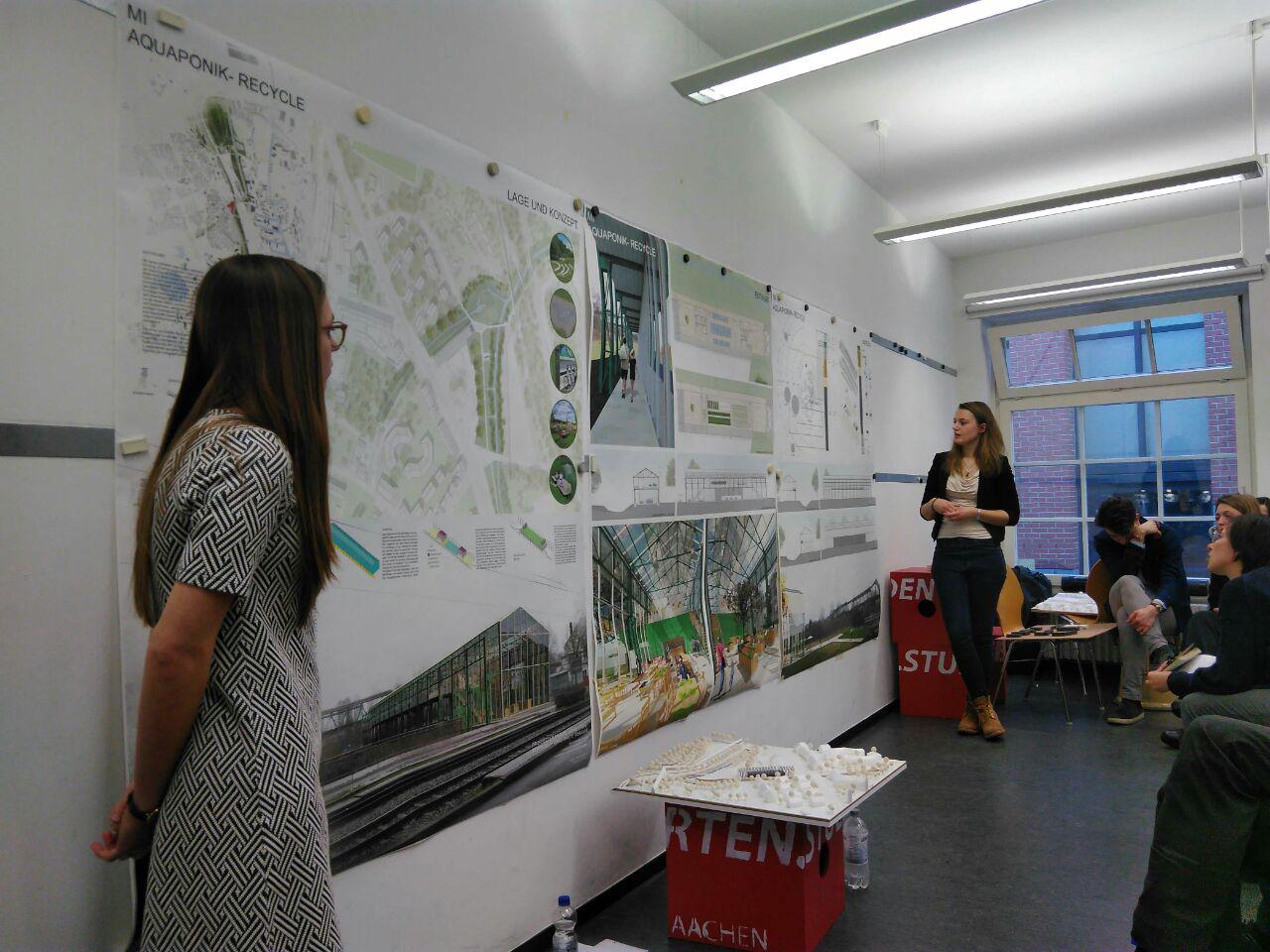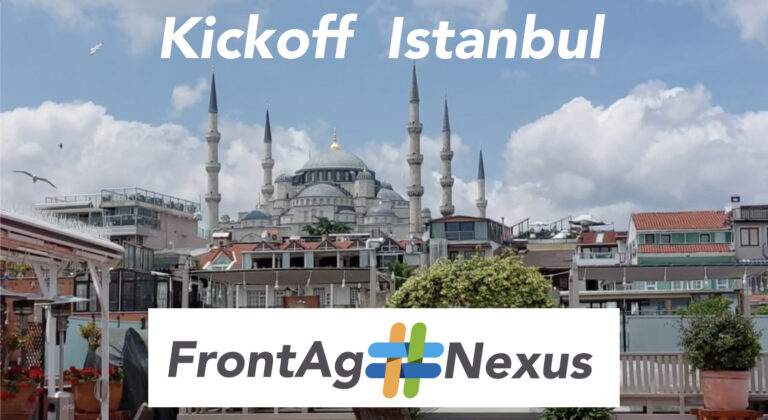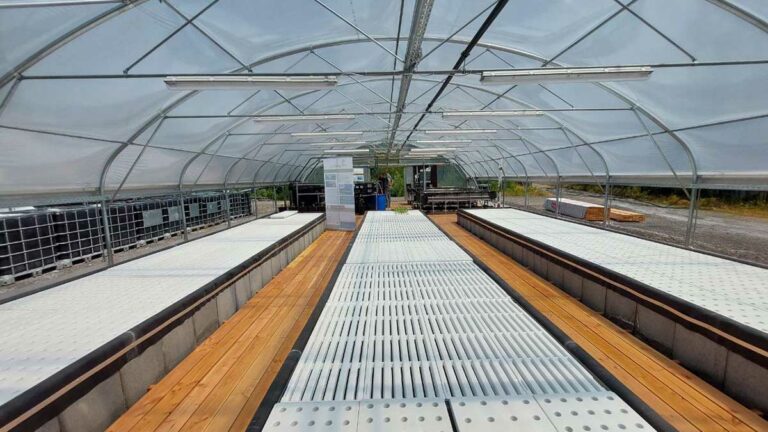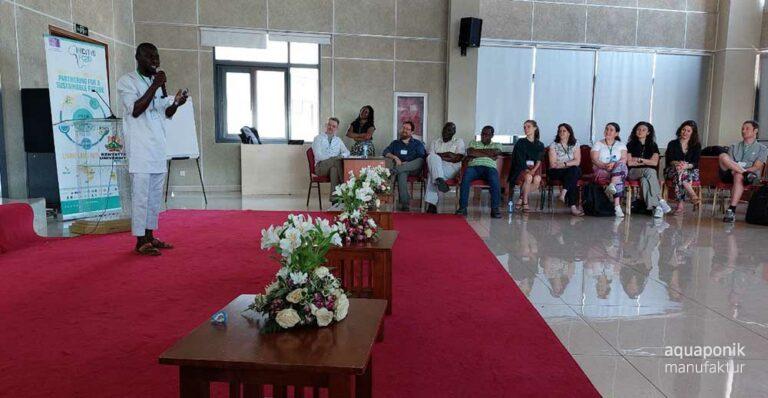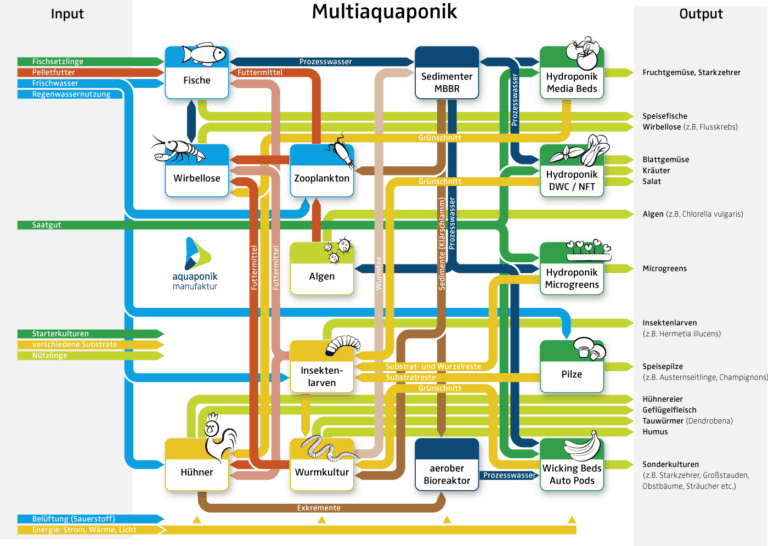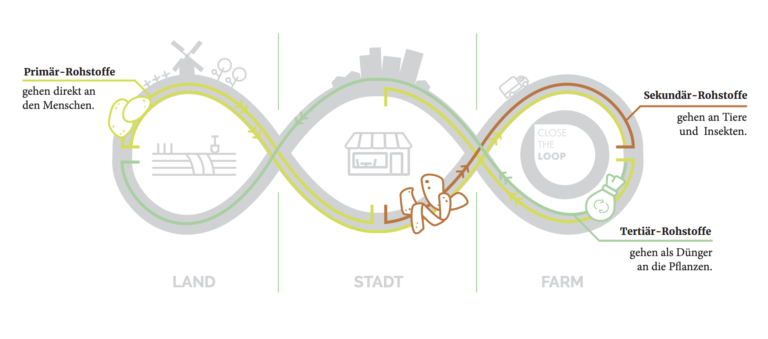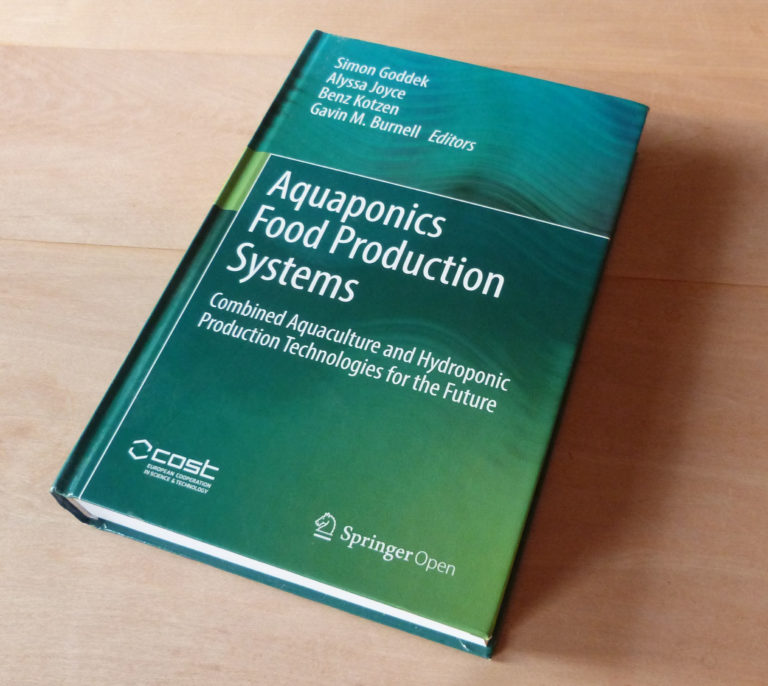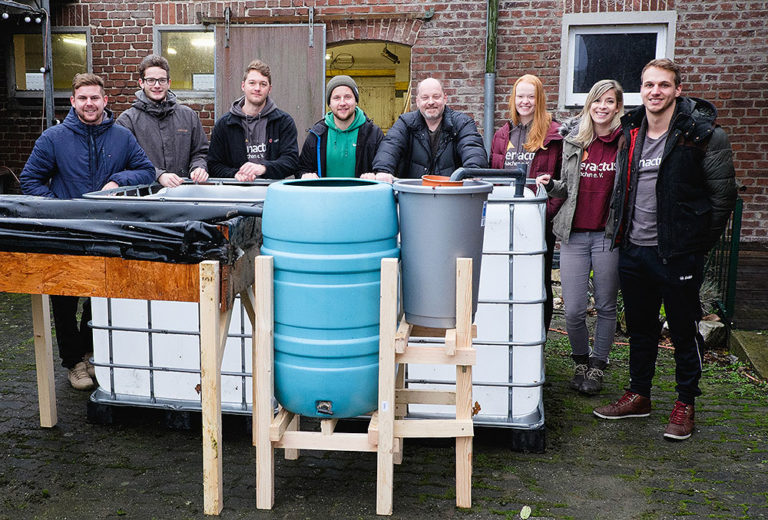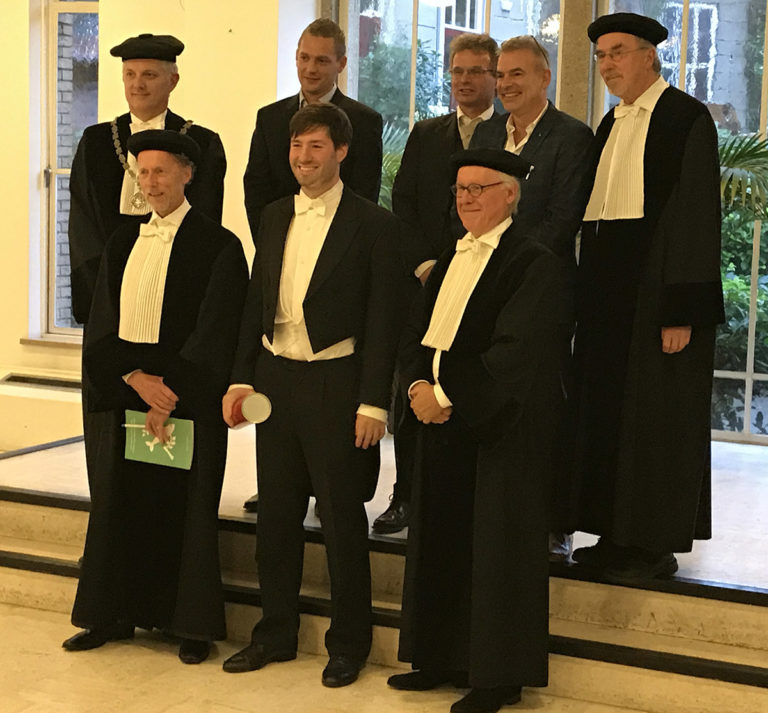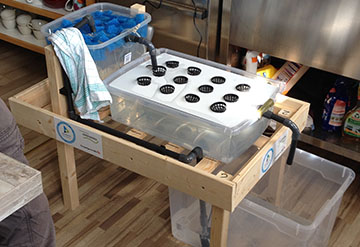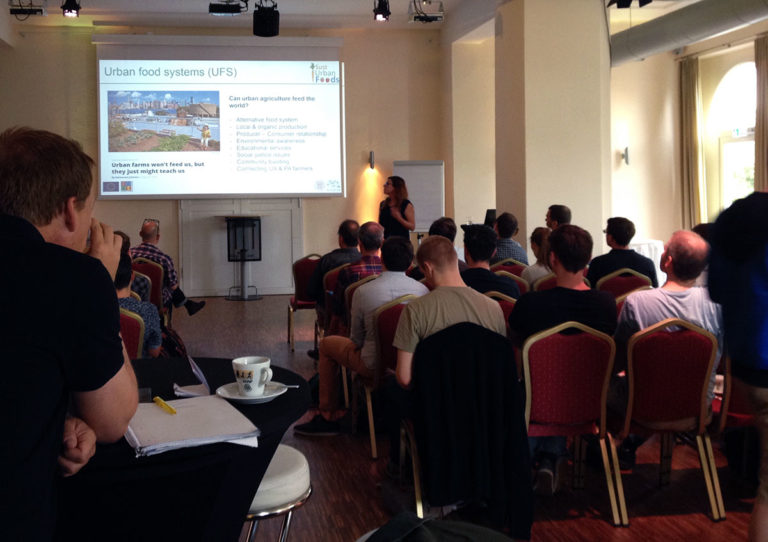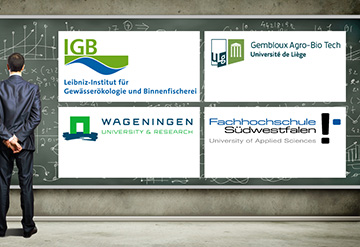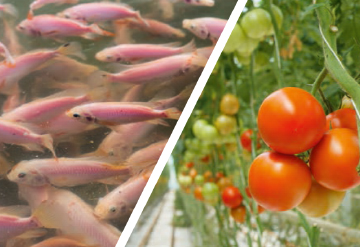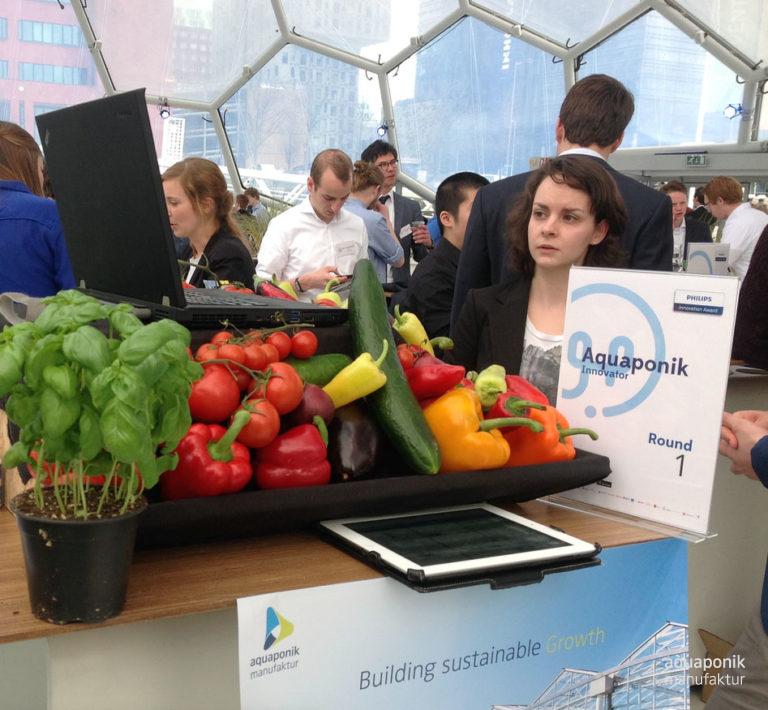After we applied several times to participate in a research project, we have now been awarded the contract to participate in the proGIreg research project.
Green Infrastructure for Post-industrial Urban Regeneration (proGIreg) is the name of the project and is part of Horizon 2020, the EU's research framework program, which is intended to fund research projects worth 75 billion euros from 2014 to 2020.
Involvement of local citizens in the research project
The industrially used areas of industrial wasteland are to be transformed into "living laboratories" and equipped with fish farming and vegetable production. All of this in an urban environment, using aquaponic facilities and other urban farming cultures, in which the local citizens should also participate.
The research project does not only take place in the university environment, as has often been the case with projects up to now, but instead focuses consciously on cooperation with local citizens. The approach deliberately relies on implementation with low-tech means instead of implementation in clinically pure laboratories.
The project is coordinated by the Aachen Chair for Landscape Architecture by Axel Timpe. Under the direction of Professor Dr. Frank Lohrberg is also involved in six European universities, in addition to the three "frontrunner cities" seven municipalities that are supposed to adapt the projects, eight small and medium-sized companies, including us, and seven non-governmental organizations (NGOs). Our previous project partners from the Agriculture Department of the South Westphalia University of Applied Sciences are also there.
We are planning and implementation partners
The aquaponik manufaktur is involved as a realization partner in the implementation of various "Nature based Solutions" (NBS). This includes first of all the passive solar greenhouses, which are planned in such a way that they are optimized for energy recovery and are thus largely energy-independent.
In addition, we will take part in other modules, e.g. insects as fish food will also play a role. At the end of September there will be a big kick-off conference in the Alte Schmiede, Dortmund-Huckarde.
In addition to the work on site in the cities, teaching and learning modules are accompanied by Massive Open Online Courses (MOOC). Free access to the knowledge that is generated as part of the project is also an integral part of the Horizon 2020 project.
In the further course of the five-year project, we will continue to report on the work here and also describe our sub-projects in concrete terms.
Links:
RWTH Aachen press release:
EU H2020 Webpage
More information about our research here.
